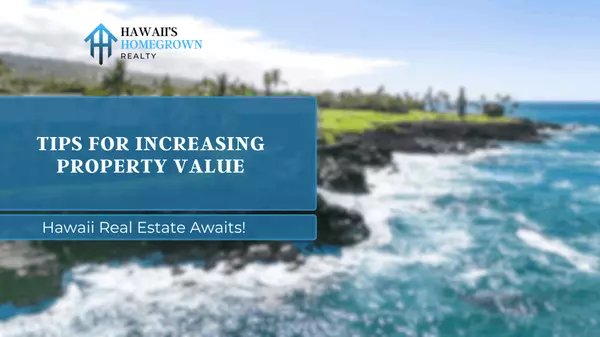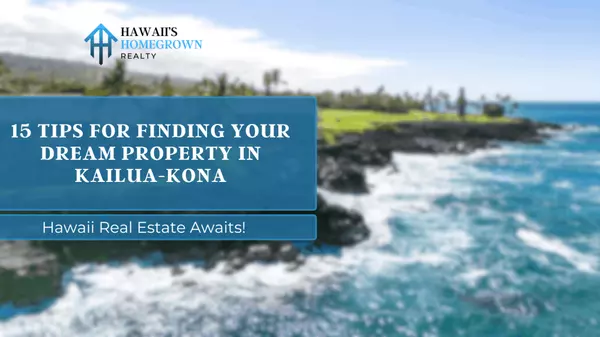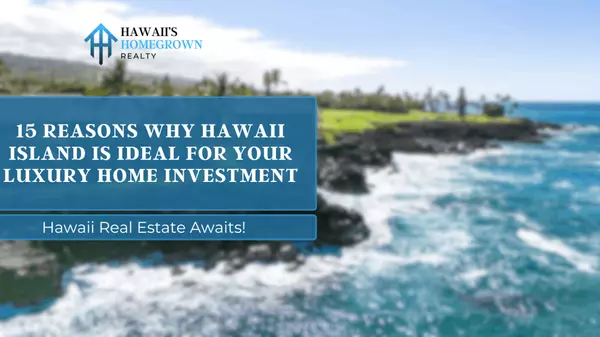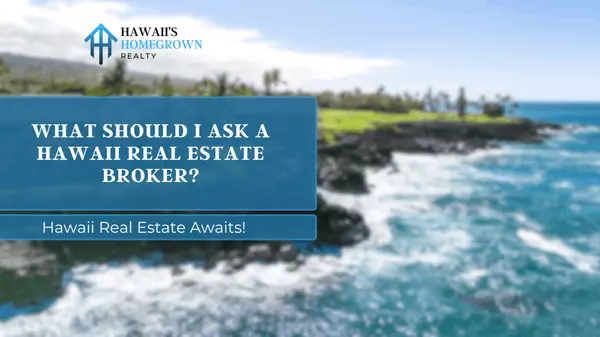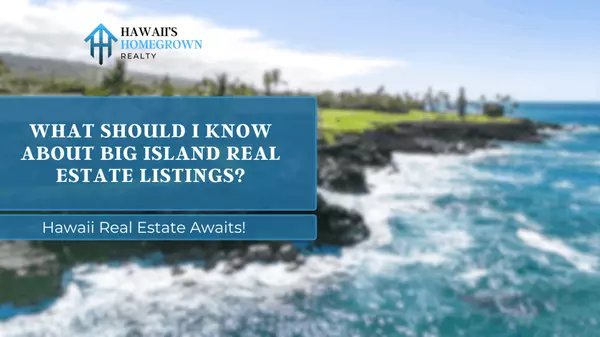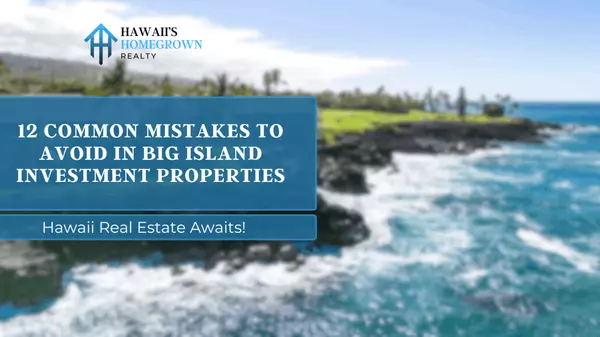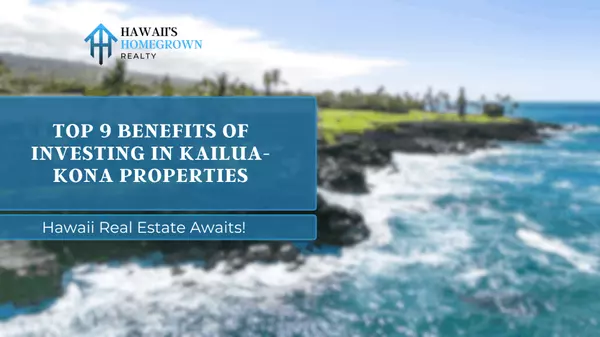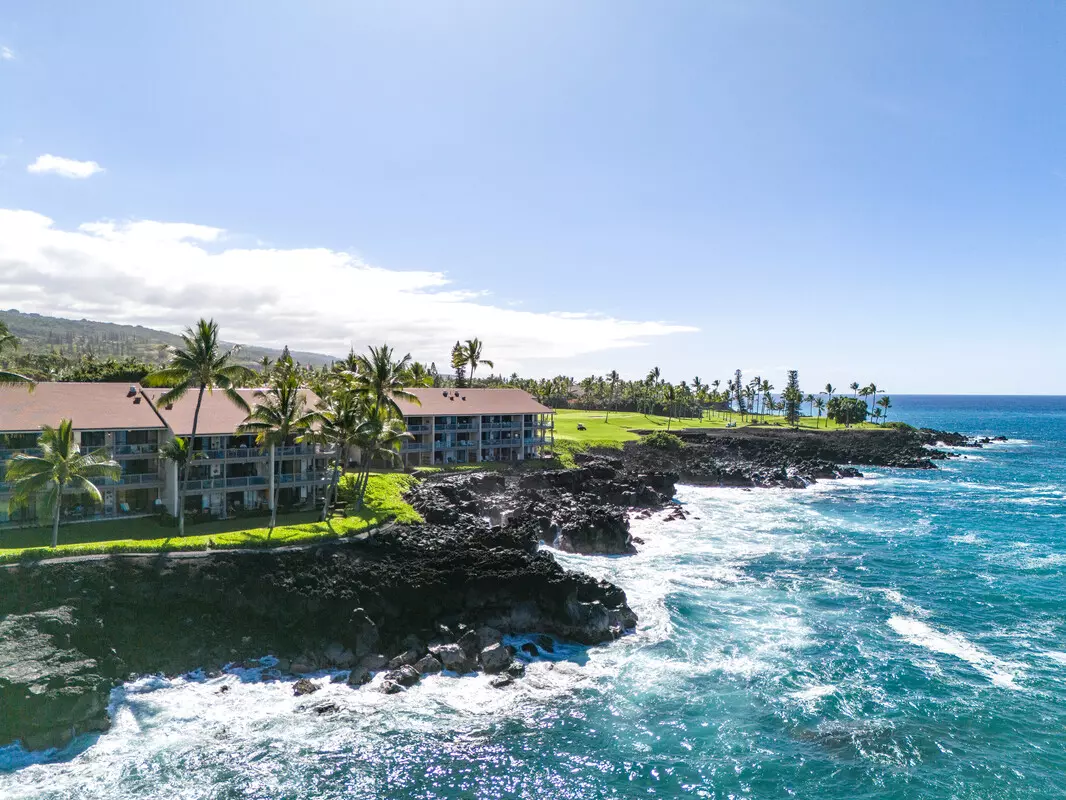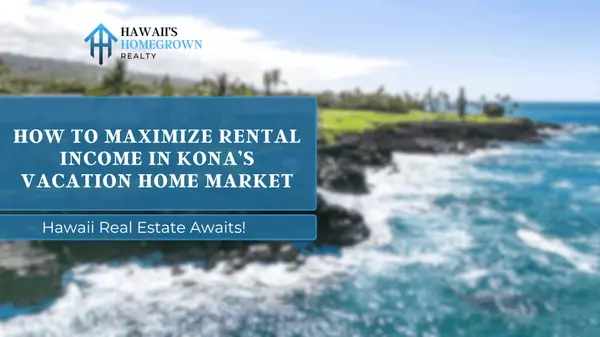
How to Maximize Rental Income in Kona’s Vacation Home Market
How to Maximize Rental Income in Kona’s Vacation Home Market The Kona Coast is one of Hawaiʻi’s hottest destinations—not just for visitors, but for real estate investors, too. With its year-round warm weather, oceanfront activities, and a steady stream of travelers, Kona offers exceptional potent
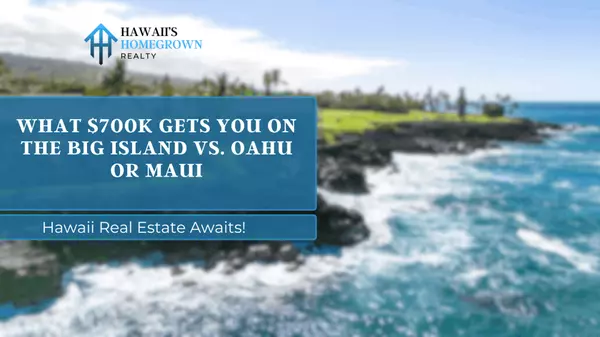
What $700K Gets You on the Big Island vs. Oʻahu or Maui
If you’re house hunting in Hawaii with a $700,000 budget, you’re in a unique position. While it may not stretch far in some parts of the country—or even in some parts of the state—on the Big Island, that number can still go a long way. But how does it compare to what you can get on Oʻahu or Maui? L
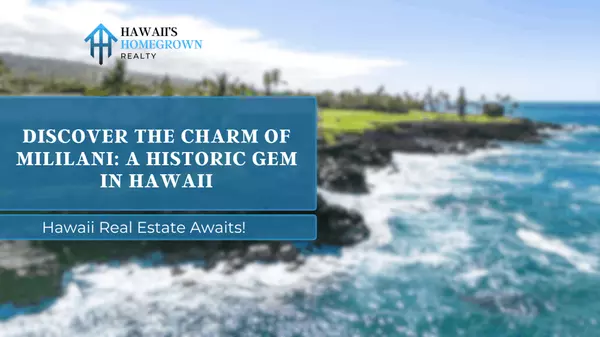
Discover the Charm of Mililani: A Historic Gem in Hawaii
In the heart of Mililani, this charming 3-bedroom, 2-bath home is a perfect blend of history, convenience, and community. Located in one of Hawaii’s most beloved neighborhoods, this property offers a lifestyle that’s as rich in modern amenities as it is steeped in history. Prime Location with Unmat
Recent Posts



